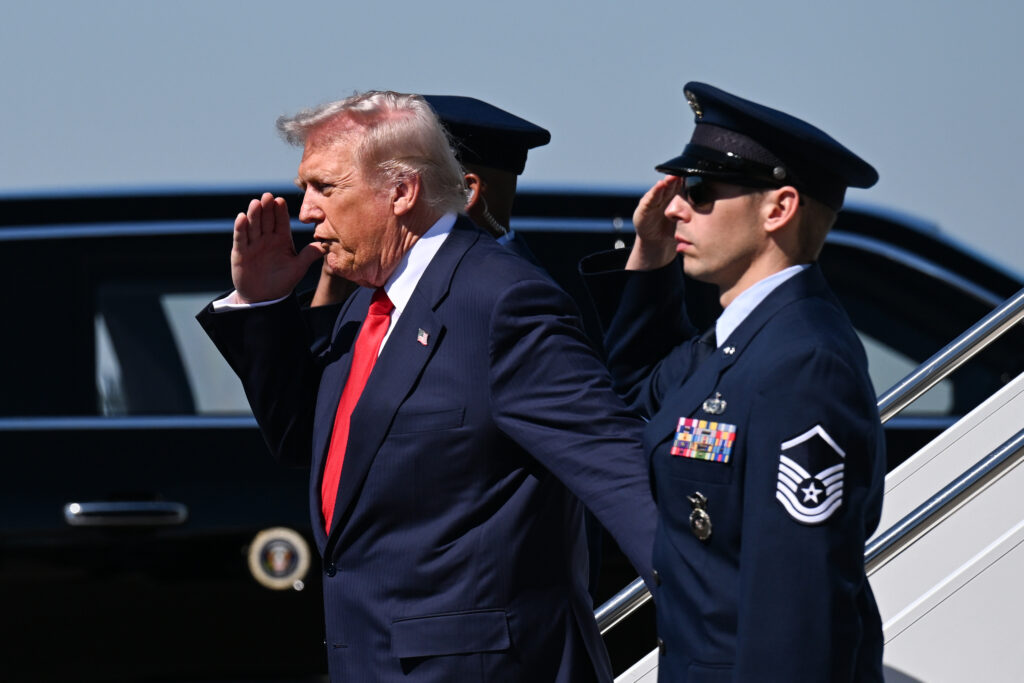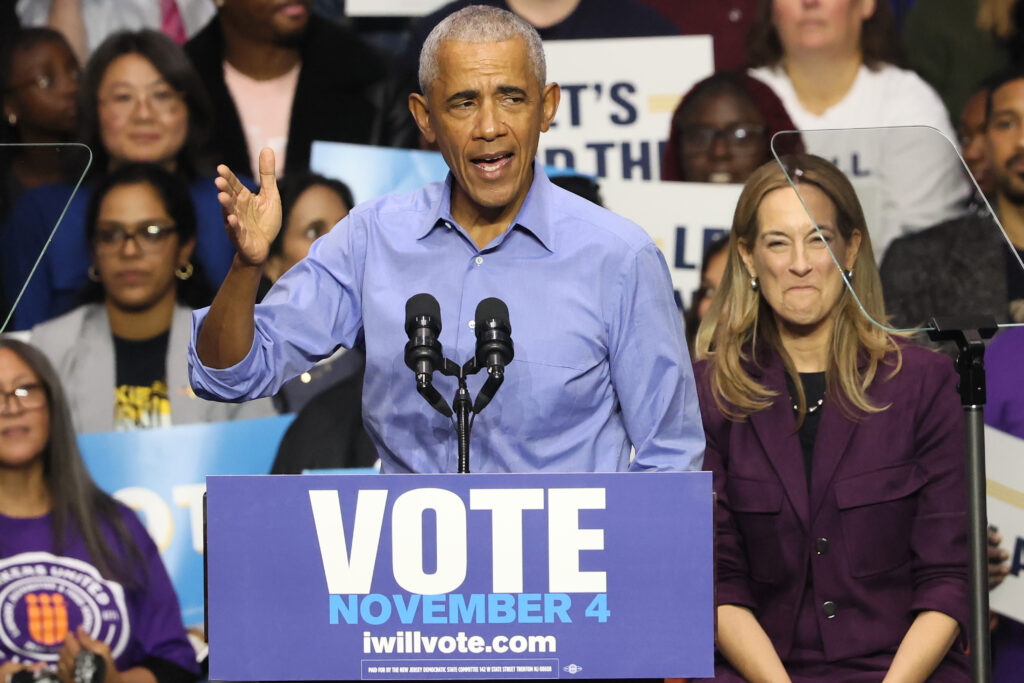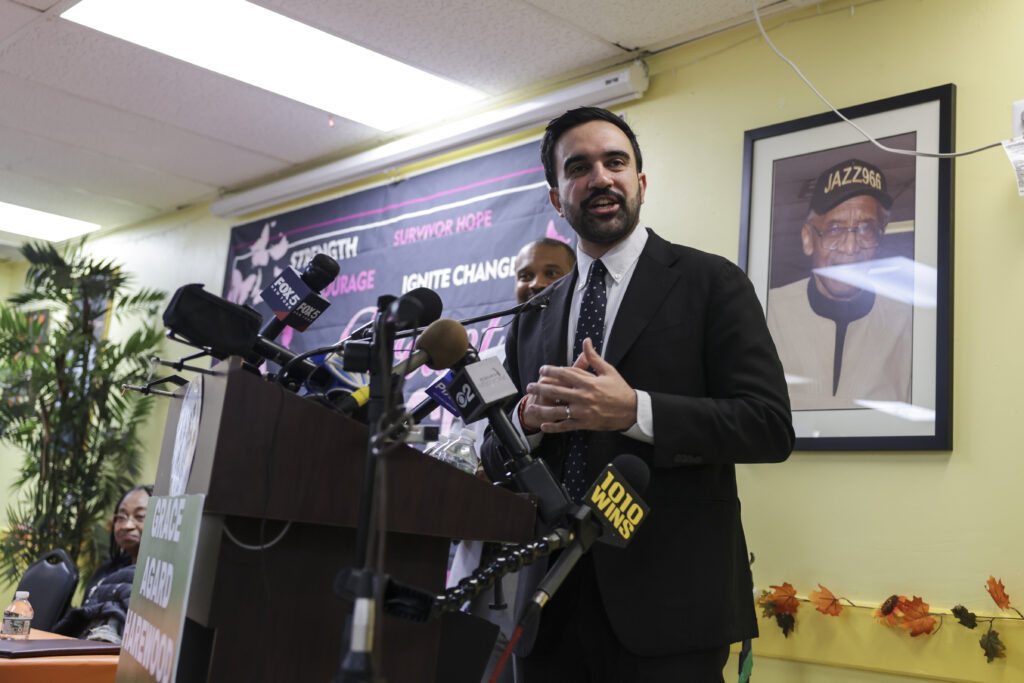Trump threatens military action in Nigeria over killing of Christians
US President Donald Trump threatened on Saturday to send the military into Nigeria with “guns-a-blazing” if Africa’s most populous country does not stem what he described as the killing of Christians by Islamists.In an explosive post, the Republican leader — who had campaigned unsuccessfully for the Nobel Peace Prize — said on social media he asked the Pentagon to map out a possible plan of attack, one day after warning that Christianity was “facing an existential threat in Nigeria.”Nigeria is embroiled in numerous conflicts that experts say have killed both Christians and Muslims without distinction.”If the Nigerian Government continues to allow the killing of Christians, the U.S.A. will immediately stop all aid and assistance to Nigeria, and may very well go into that now disgraced country, ‘guns-a-blazing,’ to completely wipe out the Islamic Terrorists who are committing these horrible atrocities,” Trump said.”I am hereby instructing our Department of War to prepare for possible action. If we attack, it will be fast, vicious, and sweet, just like the terrorist thugs attack our CHERISHED Christians,” he added, warning the Nigerian government that they “BETTER MOVE FAST!”Pentagon chief Pete Hegseth, shared Trump’s post and wrote on social media: “Yes sir.””The Department of War is preparing for action. Either the Nigerian Government protects Christians, or we will kill the Islamic Terrorists who are committing these horrible atrocities,” Hegseth said.Trump posted on Friday, without evidence, that “thousands of Christians are being killed (and) Radical Islamists are responsible for this mass slaughter.”Conservative politicians have fueled the accusations. In March, US congressman Chris Smith called for Nigeria to be listed by the State Department as a “Country of Particular Concern” (CPC) — a move announced by Trump on Friday over what he called an “existential threat” to the African nation’s Christian population.And in early October, US Senator Ted Cruz and House Republican Riley Moore accused the Nigerian government of turning a blind eye to the “mass murder” of Christians.- ‘Tolerance’ -Claims of Christian persecution have also been pushed by some in Nigeria, where ethnic, religious and regional divisions have flared with deadly consequences in the past and still shape the country’s modern politics.Some US officials argue Christians in Nigeria are facing a “genocide” — a claim that Abuja denies.”The characterisation of Nigeria as religiously intolerant does not reflect our national reality,” Nigerian President Bola Ahmed Tinubu said on social media Saturday after Trump made his CPC announcement.”Religious freedom and tolerance have been a core tenet of our collective identity and shall always remain so,” Tinubu added.Nigeria is almost evenly divided between a Muslim-majority north and a largely Christian south.The country is consumed by security issues. Its northeastern region is at the epicenter of a Boko Haram jihadist insurgency, which has killed more than 40,000 people and displaced more than two million since 2009, according to the United Nations.In central Nigeria, majority-Muslim herders have repeatedly clashed with majority-Christian farmers. The conflict is frequently portrayed as inter-religious but generally stems from competition over land access.









